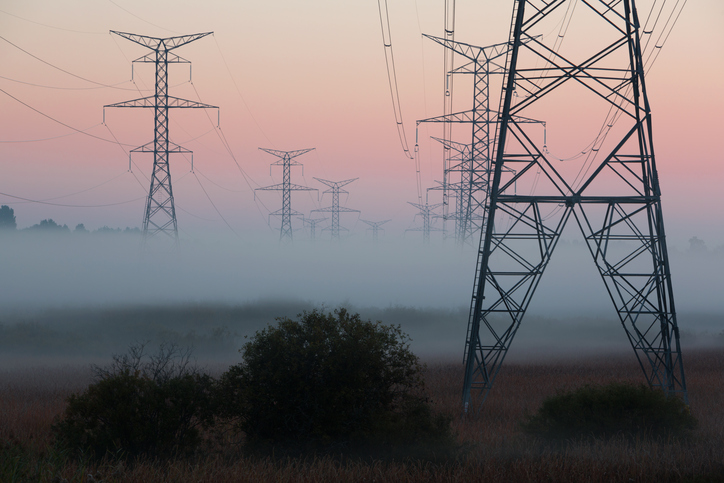National Grid Electricity Transmission (NGET) has unveiled plans to spend £7.4 billion to establish the “future electricity transmission system”.
Yesterday (2 July) NGET unveiled the first draft of its RIIO-T2 business plan, detailing how it will invest in and operate England and Wales’ electricity transmission system over the next delivery period from 2021 – 2026.
The plan, which NGET said “balances the needs of today’s and future consumers”, will see the transmission system operator (TSO) focus on three specific priorities, namely delivering a sustainable, affordable and reliable energy system, harking back to the government’s oft-discussed but now abandoned energy trilemma.
It provided a detailed breakdown of how it expects to spend the total £7.4 billion figure, which essentially breaks down as around £1.5 billion each year over the five-year RIIO-T2 control period.
NGET 2021 – 2026 Cost Sheet
Provide a safe and reliable network: £4.5 billion
Protect the network from external threats: £620 million
Make it easy to connect and use the network: £479 million
Be innovative: £121 million
Be transparent: £1 million
Enable the clean energy transition: £752 million
Care for the environment and communities: £226 million
Day-to-day business costs: £680 million
TOTAL: £7.4 billion
While NGET’s draft business plan is more expensive to consumers than its current period – the TSO current spends around £1.2 billion per year – it said consumers would be receiving more for their money, and the TSO has adopted technological innovations which mean forecasted costs are 15% lower than they could have been.
However NGET did warn that its draft business plan does not currently reflect the potential costs and outputs necessary to adhere to the government’s newly-legal 2050 net zero target, which is likely to call for a more accelerated deployment of renewable power.
As it stands, National Grid ET is expected to invest the £752 million earmarked for further enabling of the energy transition partly on network reinforcements to create 20.8GW of additional capacity for renewables, adding to the 12.6GW of renewable power already connected to the transmission system across England and Wales.
It has also highlighted that a not inconsiderable portion of the £620 million set aside for protecting the network from external threats will be spent on ramping up the transmission system’s cyber capability.
Writing in a foreword for the business plan Nicola Shaw, chair at NGET, said the document covers a “crucial period” when consumers can expect “rapid change in the energy system”.
“The government recently committed to achieving net zero greenhouse gas emissions by 2050 to prevent the worst effects of climate change for our society. We stand ready to make the changes needed to deliver long-lasting benefits for electricity consumers and society,” she said.
NGET is requesting feedback on its draft business plan, which will be accepted until 9 August 2019, prior to a second draft which is earmarked for publication in October.





